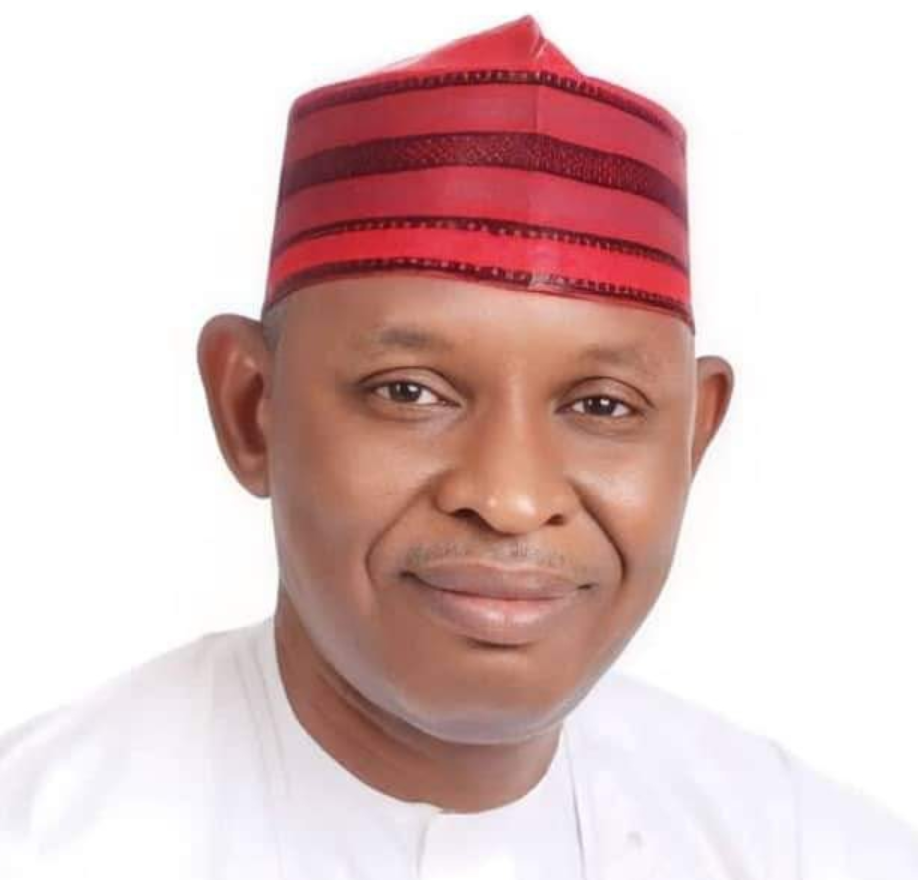A shipper, Rev. Jonathan Nicole, says the nation’s ports need drastic economic policy reforms in 2024 to be more viable and competitive.
Nicole disclosed this to newsmen on Thursday in Lagos.
Nicole, a former President, Shippers Association of Lagos State, called for the restructuring of the Ministries, Departments and Agencies (MDAs).
He added that government agencies not needed in the port should return to their various ministries.
Nicole also urged the Minister of Marine and Blue Economy, Mr Adegboyega Oyetola, to work towards achieving this feat.
“The restructuring of the MDAs would bring dramatic progress into the port.
“The management of the Nigerian Ports Authority has also called for the reduction of the MDAs in the port.
“We agree with them. They are the owners of the port and they know those that are relevant in dealing with port issues.
“Shippers associations across the country will offer their support to the introduction of a new Port Order and restructuring of the method of rules of engagement into the sector.
“The informal sector of the economy should be encouraged,” he said.
Nicole described the present situation as pathetic, adding that most importers had lost their properties used in securing bank loans.
He attributed their failure to repay the loans to policy somersaults.
Nicole said the maritime sector was pioneered by traders, importers and exporters as well as manufacturers.
He noted that the 2023 was characterised by outrageous taxes and duties due to targets given to the Nigeria Customs Service.
Nicole added that the fluctuation in foreign exchange rate affected importers and manufacturers grossly in 2023.
“Cost of clearing skyrocketed to a strangulating proportion. Some importers abandoned their goods due to inability to raise additional funds to meet choking demands.
“The 400 per cent increase in terminal charge is another herculean challenge for shippers depending on the volume of cargo involved.
“We are hopeful as the Nigerian Shippers’ Council executive secretary settles down, an equitable price regime will be re-introduced to replace the current system,” he said.
He noted that with the high cost of doing business in the port, importers had no choice than to either continue or relocate to a more sane environment.
“The moment some of these obstacles and pressures are eliminated, the industry would flourish and become highly competitive,” he said.
He listed some of the abnormal pressures as high cost of diesel and fuel, tax regimes, introduction of tax returns, closure of small and medium businesses by the Corporate Affairs Commission and unrealistic tax reforms.
Others, according to him, are reduction in terminal charges and shipping costs, reduction in customs duty tariffs, costs of haulage of goods, and total stoppage of closure of ports due to unnecessary industrial activities, among others.





